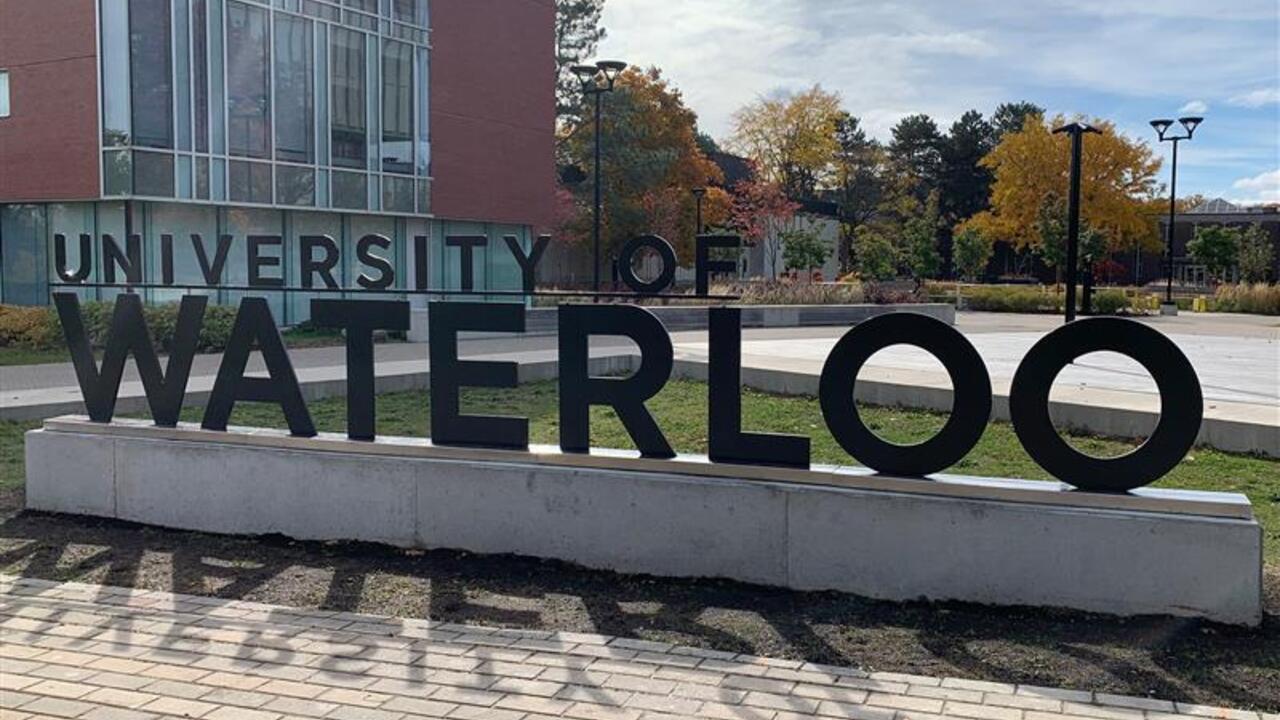
New study ranks which Canadian cities are best prepared for climate change
A new study from the University of Waterloo sheds some light on which Canadian cities are most prepared to take on the challenges of climate change.

A new study from the University of Waterloo sheds some light on which Canadian cities are most prepared to take on the challenges of climate change.
By Media RelationsThe study, which examined 63 cities across Canada, confirms there are significant differences between municipal plans to protect citizens from climate change.
“We tend to think of climate change as something that happens at the federal and provincial levels,” says Daniel Henstra, a policy specialist in Waterloo’s Department of Political Science. “In fact, most climate policy happens because of local governments.”
Each community was evaluated on 46 indicators based on eight plan quality characteristics: fact base, goals, policies, implementation, monitoring and evaluation, inter-organizational coordination, participation, and plan organization and presentation.
The research found three main deficiencies every municipality needs to take a closer look at. The areas included a need to better prioritize adaptation over mitigation, a need to pay closer attention to monitoring, evaluation and implementation, and a need to better engage citizens, businesses and other stakeholders in planning.
Leading the country in their plan to address the challenges of climate change was Kingston, Ontario, followed closely by Ontario’s Waterloo Region and Hamilton. New Westminster, British Columbia was identified as having the most work to do. Toronto was middle of the pack.
“Our urban municipalities are where the average citizen is most vulnerable to climate change,” says Jason Thistlethwaite, a climate researcher in the University of Waterloo’s Faculty of Environment. "Cities have the highest concentration of people and property, and fewer resources to deal with mitigation and adaptation than the Feds, or the Province. However, cities also hold the power for the disruption we need to transform the way we need to live in and combat future climates.”
See where your city ranks in the study, Evaluating the quality of municipal climate change plans in Canada, published in Climate Change.

Read more
To meet our AI ambitions, we’ll need to lean upon Canada’s unique strengths

Read more
New research from the University of Waterloo centres Haudenosaunee-led efforts in the repatriation and reclamation of cultural and intellectual property

Read more
Researchers awarded funding to investigate ecology, climate change, repatriation, health and well-being through cultural and historical lens
The University of Waterloo acknowledges that much of our work takes place on the traditional territory of the Neutral, Anishinaabeg, and Haudenosaunee peoples. Our main campus is situated on the Haldimand Tract, the land granted to the Six Nations that includes six miles on each side of the Grand River. Our active work toward reconciliation takes place across our campuses through research, learning, teaching, and community building, and is co-ordinated within the Office of Indigenous Relations.